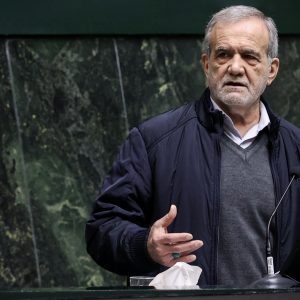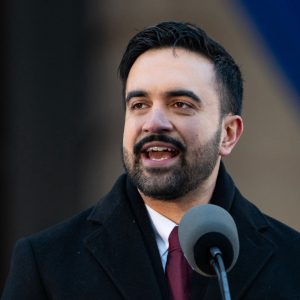FBI surveillance victims plead for trial without secret evidence
WASHINGTON – Three American Muslims who were under FBI surveillance a decade ago have asked the court not to dismiss their case citing state secrets.
The case, which relates to religious discrimination, was argued Thursday in the U.S. Court of Appeals for the 9th Circuit. The FBI had asked for the case to be dismissed, arguing that it has secret evidence that cannot be made public.
The plaintiffs said they did not need secret evidence and that the case should proceed without that information.
Mohammad Tajsar, senior counsel at the American Civil Liberty Union, said the government has repeatedly used the state secrets defense to end cases since Sept. 11, 2001.
Peter Bibring, the attorney for the Muslim men, argued that the court should pursue the case.
He said the court should not accept the government’s arguments that the case should be dismissed because of the state secrets privilege.
“We’ve taken the position that we don’t need any discovery into the secret evidence,” said Bibring.
He said the case could be pursued even without the secret evidence.
In response to the government’s arguments, Judge Marsha Berzon said it is rare for cases to be dismissed at this stage of the litigation.
“The underlying problem here is that there is an inherent conflict of interest by the government. They’re both the defender and protector of the interests and having no eyes on that is very troublesome,” Berzon said during the hearing that was streamed on YouTube.
The plaintiffs allege that the social fabric of the city of Irvine, California, was torn apart after a paid informant (FBI) began trapping young Muslim men.
Between 2006 and 2007, the informant, Craig Monteilh, spied on Muslims. He posed as Farouk al-Aziz, a Muslim convert.
Years later, in 2011, Yassir Fazaga, an imam, and Ali Uddin Malik and Yasser Abdelrahim filed suit against the government.
Monteilh had placed recording devices in the mosque’s office.
He urged young men to join and plan acts of violence on U.S. soil.
The plaintiffs argued that this was a case of religious discrimination in violation of the First Amendment of the U.S. Constitution.
The plaintiffs argue that they should be allowed to challenge the unlawful surveillance and targeting of the Muslim-American community.
The case was dismissed at the district level in 2012.
However, the Ninth Circuit Court of Appeals ruled in 2019 that the case could proceed under the Foreign Intelligence Surveillance Act (FISA).
The law governs how surveillance-related evidence can be used in court.
The Supreme Court unanimously ordered the lower court in March 2022 to reconsider whether the case can proceed based on the state secrets privilege.







